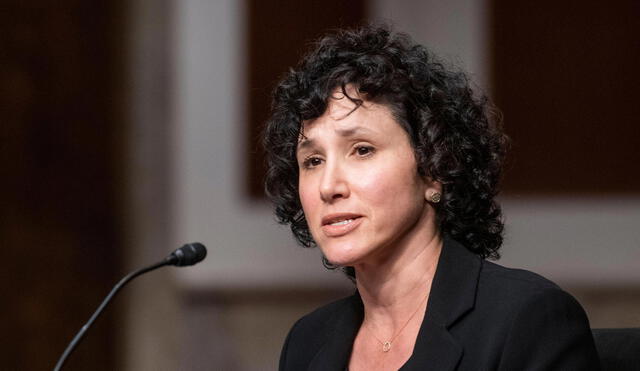Federal judge denies DOGE's request for access to Education Department records
A state ruling has blocked a government unit led by Elon Musk from accessing sensitive education records, sparking debate about privacy protections, transparency, and leading to calls for stricter oversight.

In a significant legal decision, a national court has halted Elon Musk’s government reform group from obtaining documents held by the Department of Education. The motion, reviewed by Judge Deborah Boardman of Greenbelt, Maryland, emphasized protecting sensitive data. The files in question contain personally identifiable information, which federal agencies carefully safeguard. This ruling represents a pivotal moment in the ongoing debate between data transparency and privacy.
The controversy emerged when DOGE—the Department of Government Efficiency, led by tech mogul Musk—requested educational records managed by central agencies. Critics warned this could threaten individual secrecy and expose delicate details related to high-profile figures. Observers have noted political undertones referencing former administrations. The decision has sparked discussions among diplomatic analysts and legal experts.

ALSO SEE: Feds crack down on criminals and illegal immigrants in Houston-Area development, Abbott reveals
How does Judge Boardman’s ruling on DOGE’s request address privacy concerns and political implications?
Deborah Boardman ordered to block Elon Musk’s Department of Government Efficiency (DOGE) from accessing reports held by the Department of Education and the Office of Personnel Management. The documents contain confidential, personally identifiable information (PII) that bureaus must protect, particularly amid scrutiny following policies from past regimes. This decision reinforces statistics protection while ensuring bureaucracy transparency does not compromise discretion.
The verdict underscores privacy standards and the political sensitivity of data access. Critics warn of potential misuse for political agendas, while supporters argue for clarity in reform efforts. By denying DOGE’s request, Judge Boardman set a precedent balancing public accountability with safeguarding sensitive facts, shaping future disputes over politically charged records.
What does justice Boardman’s decision mean for data oversight?
In her decision, Deborah Boardman stated, “Privacy is a sacred trust,” and warned that “reckless disclosure is unacceptable.” Her stance reinforces the need to safeguard sensitive records from the DOE and the Office of Personnel Management, particularly administratively charged situations. Her determination upholds strict discretion protocols, asserting that individual rights should not be compromised for visibility.

Transparency fuels progress, but privacy guards trust." – Elon Musk vs. Justice Boardman. Photo: New York Times
By establishing a definitive standard, the magistrate highlights the fragile equilibrium between openness and protection. Her focus on shielding personal information conveys a powerful statement to institutions and private entities. Amid ongoing disputes over knowledge requests tied to prominent political figures from the Biden and Trump administrations, her ruling affirms the necessity of rigorous confidentiality measures in national governance.











